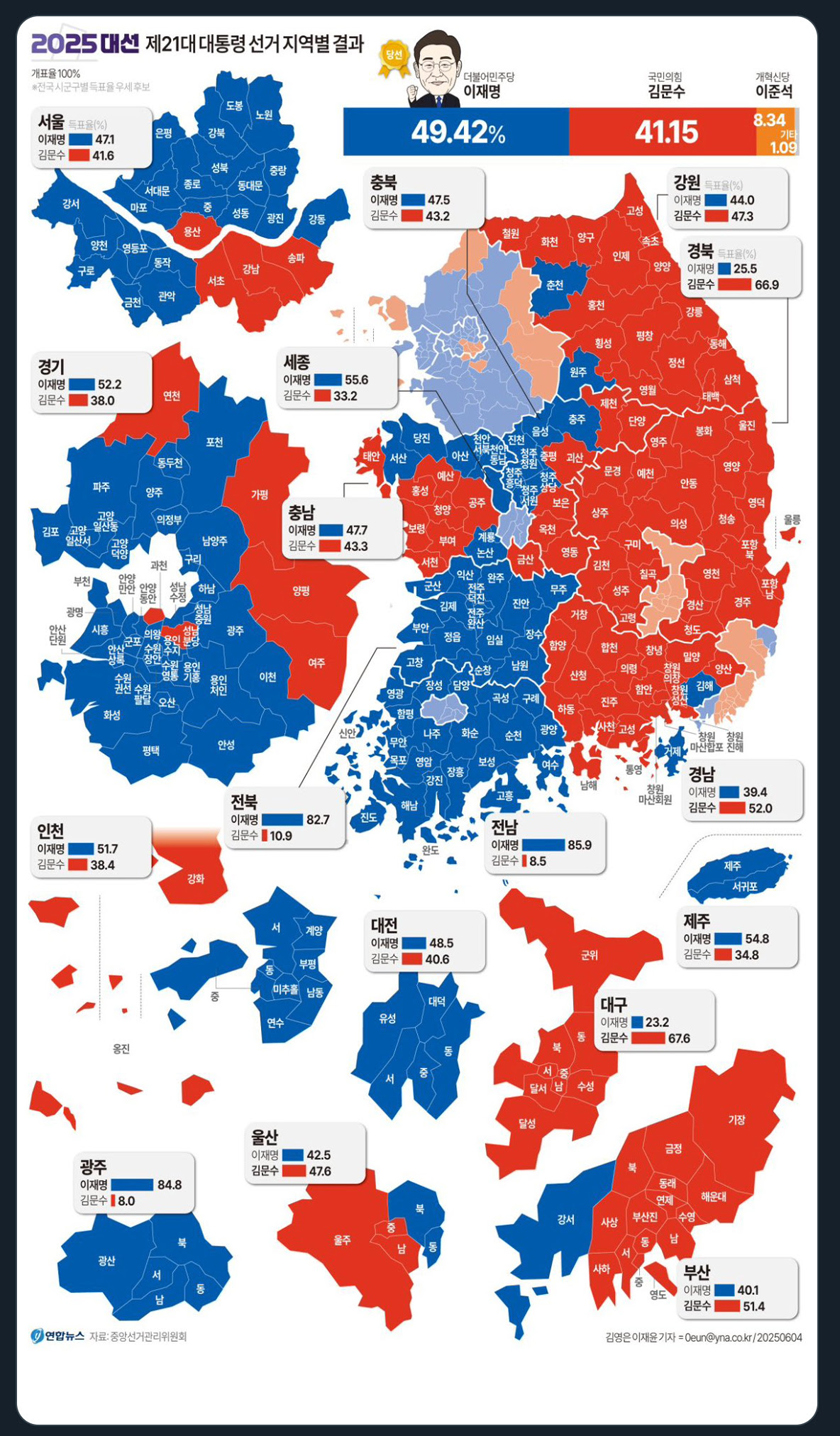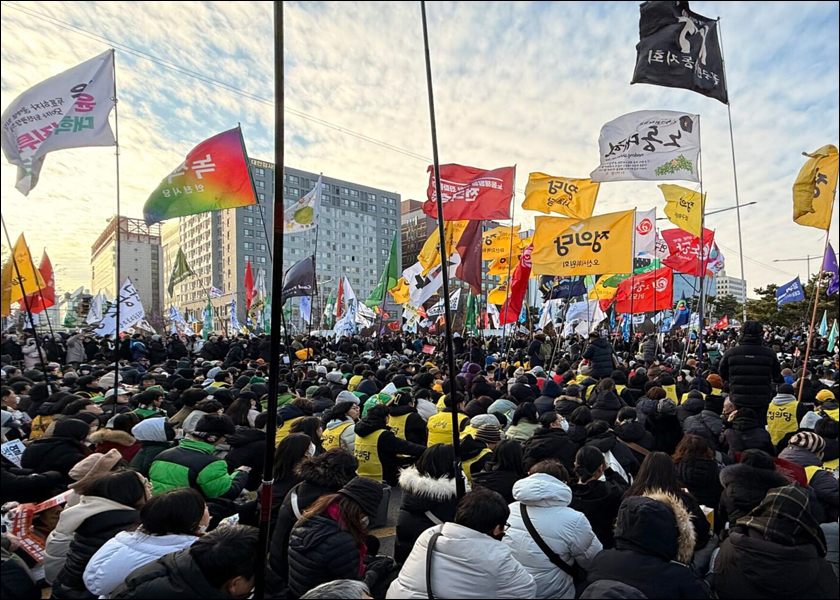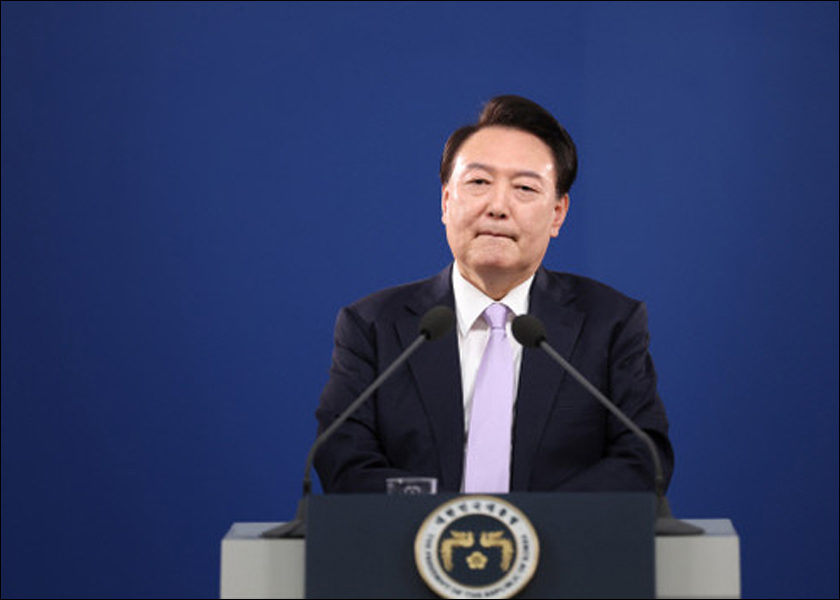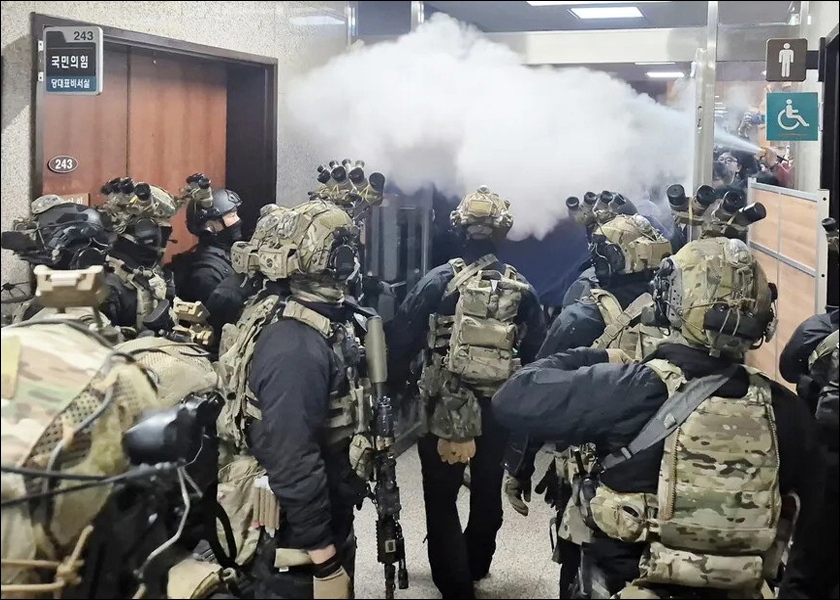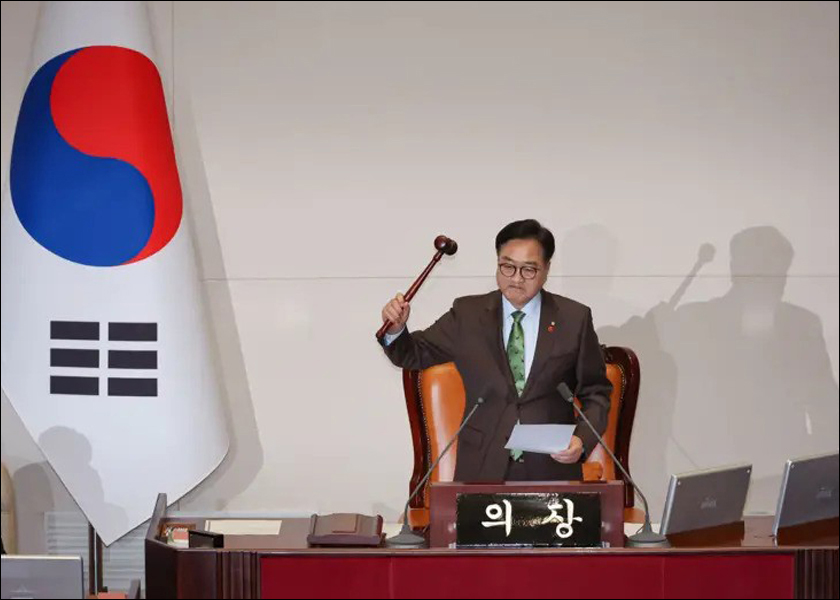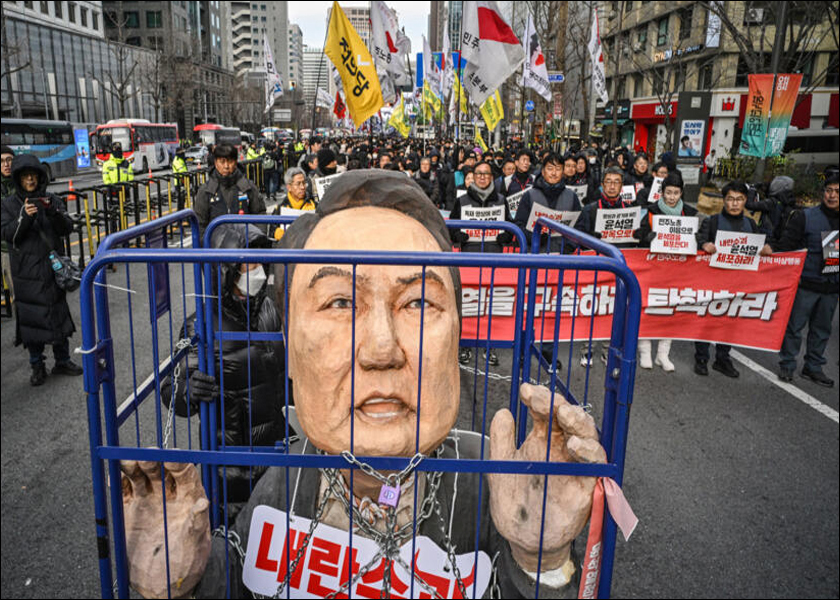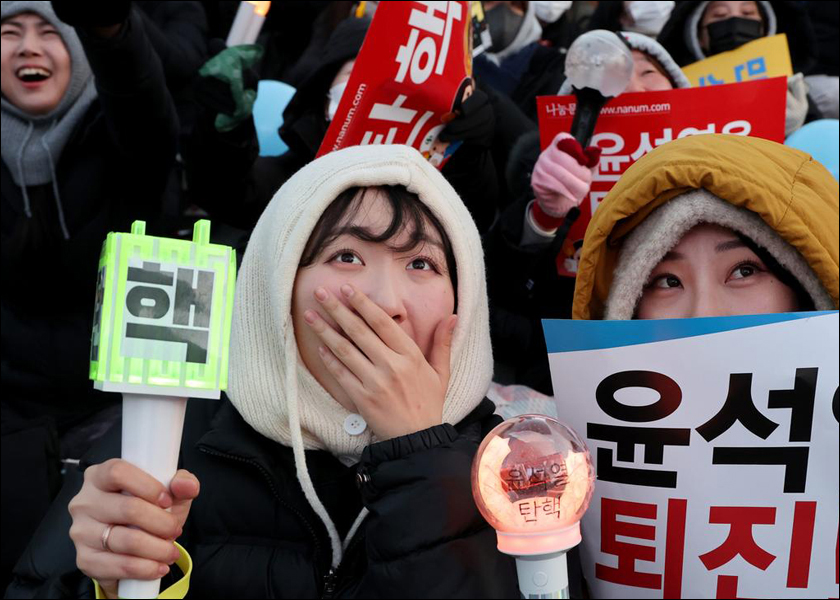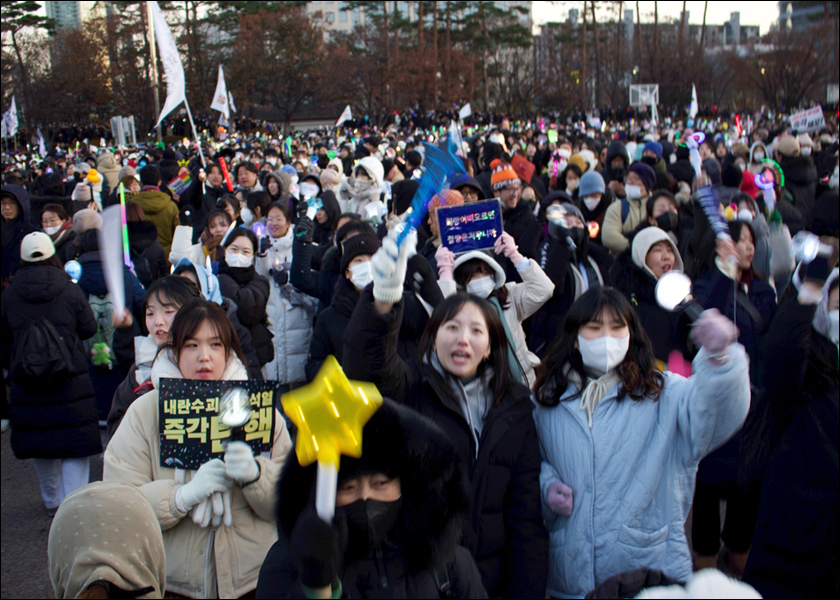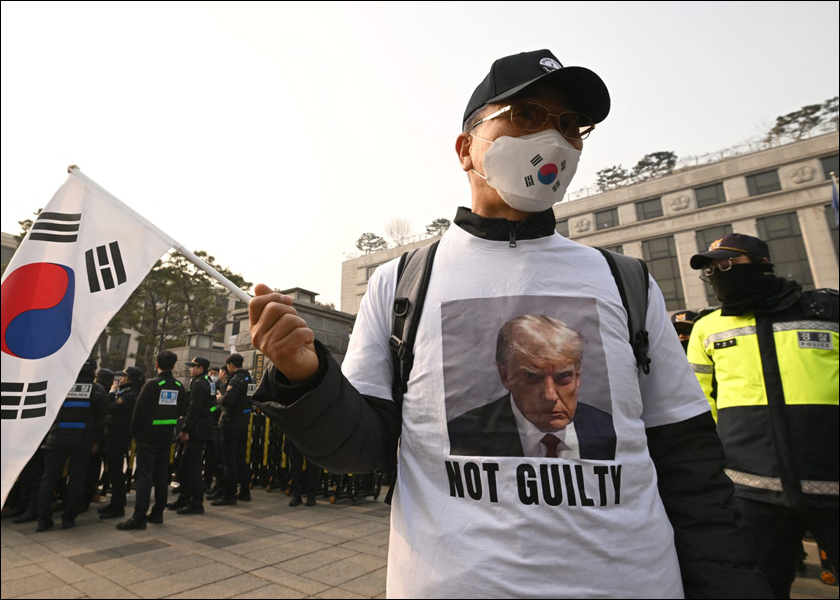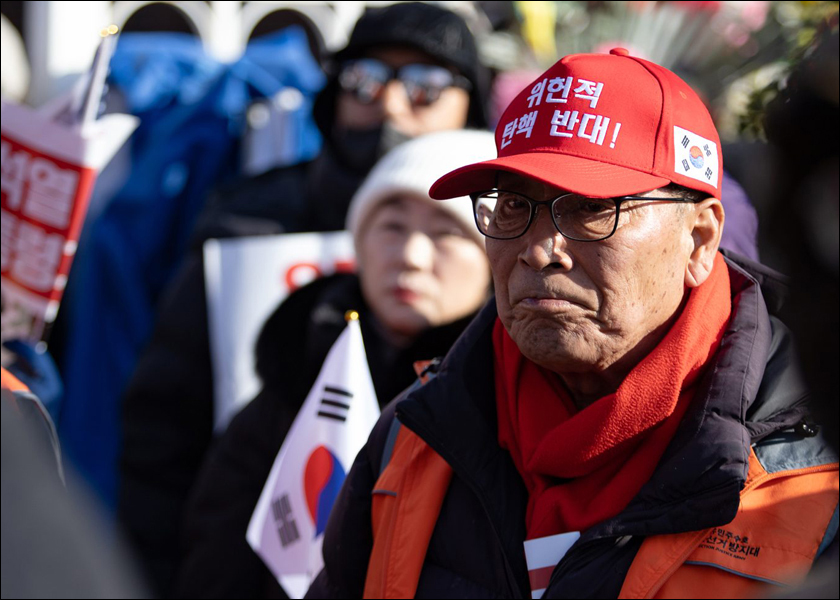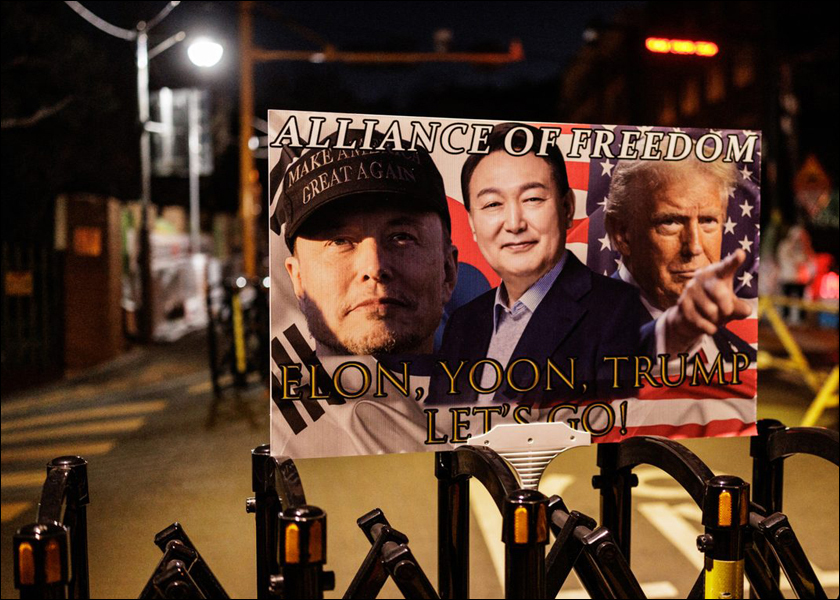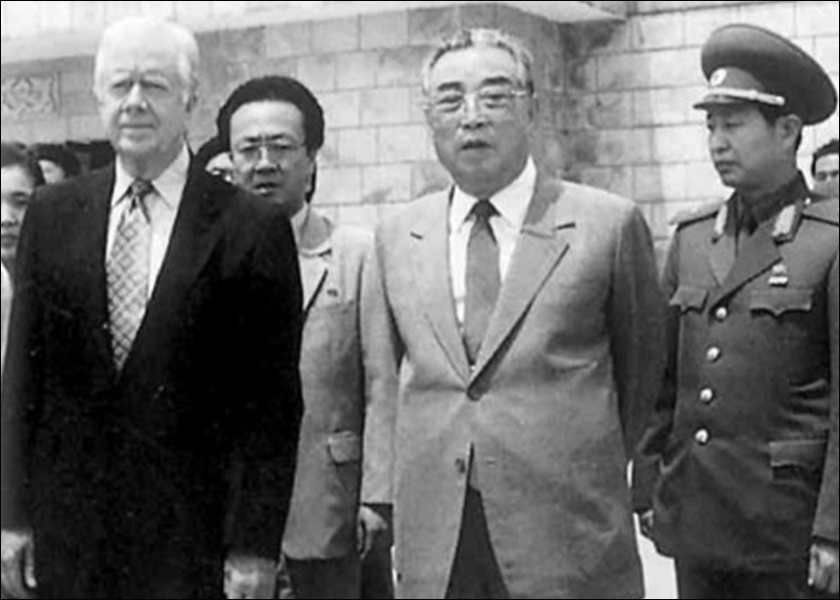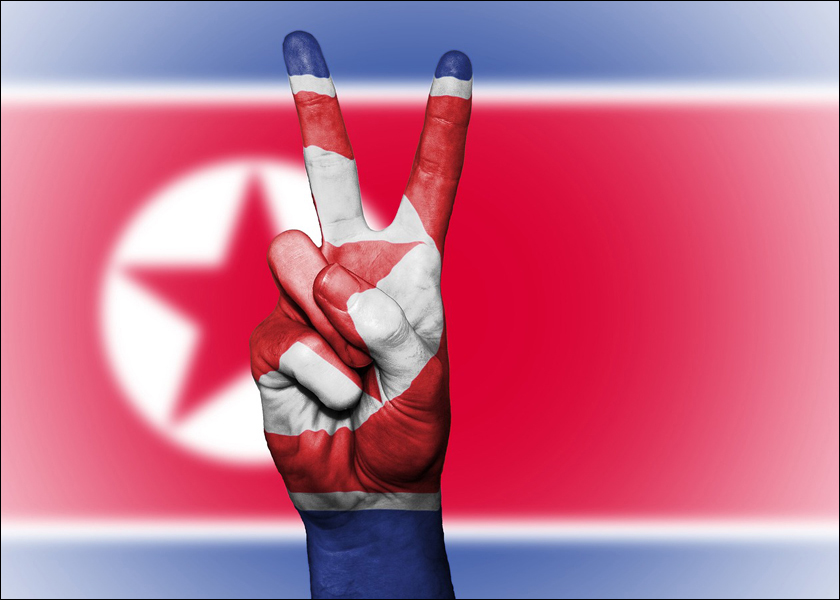A new day dawns for the ROK | By Tim Shorrock (Spring 2025)
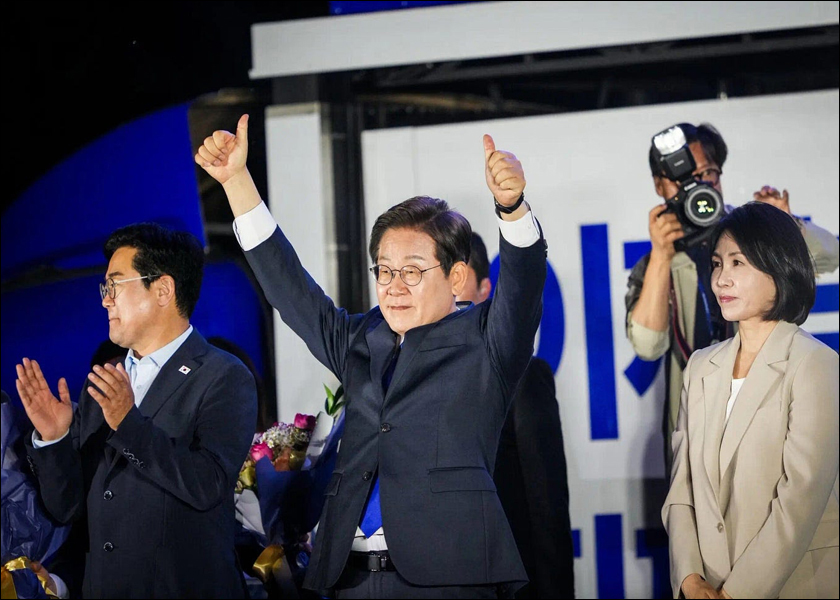
On June 3, South Koreans turned out in overwhelming numbers to elect a new, progressive president, Jae-myung Lee, and throw out the far-right party of former president, Suk-yeol Yoon. Now facing a criminal trial, Yoon threw the country into chaos in December with a botched attempt at martial law that got him impeached.
In the final tally, announced by the National Election Commission, Lee of the Democratic Party of Korea won with 49.42 percent of the vote (17,287,513 votes), placing him more than eight points ahead of the People Power Party candidate Moon-soo Kim, a former labor activist turned right-winger. He garnered 41.15 percent (14,395,639 votes). The turnout was massive, 79.4 percent, the highest since 1997.
Hankyoreh, Seoul’s progressive daily, explained the results.
Since the presidential election was held ahead of schedule following Yoon Suk-yeol’s impeachment over the martial law fiasco, Lee Jae-myung’s focus on putting the nail in the coffin of the attempted insurrection seems to have won over a majority of voters. Lee set a new record for a Democratic Party candidate in terms of share of the vote, surpassing former President Roh Moo-hyun’s 48.9% showing.
In his first remarks, Lee, who narrowly lost to Yoon in 2022, laid out the stakes.
Fellow Koreans, your first mission for me is to bring the insurrection to a definitive end and ensure the military never uses your own weapons against you in a coup. I pledge to restore our democracy and build a world in which your sovereignty is respected inside the community of our democratic republic, a world in which we tolerate and cooperate with each other.
The response from Korean activists who saw the election as a key test of South Korea’s democracy was ecstatic.
“This election was a national reckoning — a referendum on Yoon’s unconstitutional seizure of power and the people’s unyielding determination to reclaim their democracy,” Simone Chun, a U.S.-based South Korean academic, wrote on her blog. “When Yoon declared martial law on December 3, 2024, many feared a return to Korea’s authoritarian past. But what followed was not chaos. It was among the most disciplined, rational, and nonviolent democratic uprisings in modern history.”
“Millions of Koreans — students, workers, women, and elders — resisted not with weapons, but with law, protest, and truth,” she continued. “Despite decades of conservative entrenchment bolstered by U.S. military and diplomatic support, they prevailed.”

“[It’s] a brighter day in Korea as a new administration takes office,” Jack Greenberg, a Canadian freelance writer and researcher based in Seoul, posted on Twitter/X. “Lee was an imperfect candidate, but offers a clean break from his disgraced predecessor. Hope he will work to heal the deep regional, class, and generational divides that have long polarized the country.” He accompanied his post with an electoral map that underscored those divisions (see below).
U.S. and Korean coverage of Lee’s victory stressed over and over again that he faced major challenges from the Trump administration, particularly on the issue of trade and tariffs and the Trump’s imposition of stiff tariffs on Korean goods.
“Lee will need to appeal to President Donald Trump on issues including the steep tariffs against South Korea’s key industries, including steel and autos, and his desire to scale back the number of U.S. troops based in South Korea,” the Washington Post reported.
The response from the White House showed how deep the chasm is. In a statement likely influenced by MAGA fanatics Laura Loomer and Steve Bannon, Trump’s aides declared that the election was “fair” but smeared the new president with accusations that China might have masterminded the vote.
“The US-ROK Alliance remains ironclad,” an unnamed White House official told Reuters. “While South Korea had a free and fair election, the United States remains concerned and opposed to Chinese interference and influence in democracies around the world.”
The official offered no evidence to back this claim, which has been promoted by the far-right in Korea and its fascist promoters in the U.S. They are led by the mendacious right-wing commentator Gordon G. Chang, a favorite on Fox News and NBC.
The attacks from the MAGA crowd reminded me of the last snap election for a president in 2017, which I covered from Gwangju. Then, the victor was Jae-in Moon, a left-liberal politician and former labor lawyer whose parents had fled North Korea on a U.S. military vessel at the height of the Korean War. As I reported at the time for The Nation, the U.S. media framed his election as a major challenge to the U.S.
Moon’s election sets “up a potential rift with the United States over the North’s nuclear program,” David Sanger of The New York Times predicted… Just after the election results were announced, Josh Rogin, a Washington Post columnist and CNN analyst, tweeted that “South Korea just elected an anti-American president.”
The first Trump administrations, in fact, treated Moon with contempt, and greatly restrained his ability to make peace with North Korea at a time it was just starting to test ICBMs that could hit U.S. bases in Asia and the American mainland itself. Lee, too, will face similar challenges, but he is far from a “communist,” as envisioned by the feverish Loomer,
The reason he is suspect to the MAGA crowd is that he would like to repair relations with China and North Korea at a time that Trump and his followers believe that a war with China over Taiwan is inevitable. Led by Eldridge Colby, now a senior member of Trump’s national security team at the Pentagon, the administration wants to enlist South Korea as a major military partner if or when that war comes.
Lee, a former factory worker and mayor, made clear in his inaugural address that strengthening military ties with the U.S. was a priority, but not at the expense of Korean sovereignty.
“In terms of diplomacy and security,” said the center-right JoongAng Daily. “Lee announced a plan to strengthen the South Korea-U.S. alliance and trilateral cooperation with Japan, calling for an approach to ‘relations with neighboring countries from the perspective of the national interests and pragmatism.’”
On North Korea and its nuclear program, Lee said, “I will respond based on the South Korea-U.S. military alliance,” but “open a channel of communication with North Korea and establish peace on the Korean Peninsula through dialogue and cooperation.”
The White House accusations of Chinese influence enraged the Hankyoreh, which was founded in the late 1980s by reporters and editors who had been purged from the media by earlier authoritarian governments.
It is unusual for the White House to voice concerns about “Chinese influence” at the beginning of a new Korean administration. Although the White House rejected allegations of election fraud, this was still an undiplomatic message that’s open to misinterpretation.
Analysts cited the influence of supporters of U.S. President Donald Trump’s “Make America Great Again,” or MAGA, stance as a factor behind the message.
Steve Bannon, a leading MAGA figure who served as a senior White House strategist during Trump’s first term, was an open supporter of People Power Party candidate Moon-soo Kim. Far-right figures in South Korea and the U.S. are closely tied, and some MAGA supporters claimed that the impeachment of South Korean president Suk-yeol Yoon was the result of a “coup” with Chinese involvement.
We will be watching closely as these contradictions play out.
